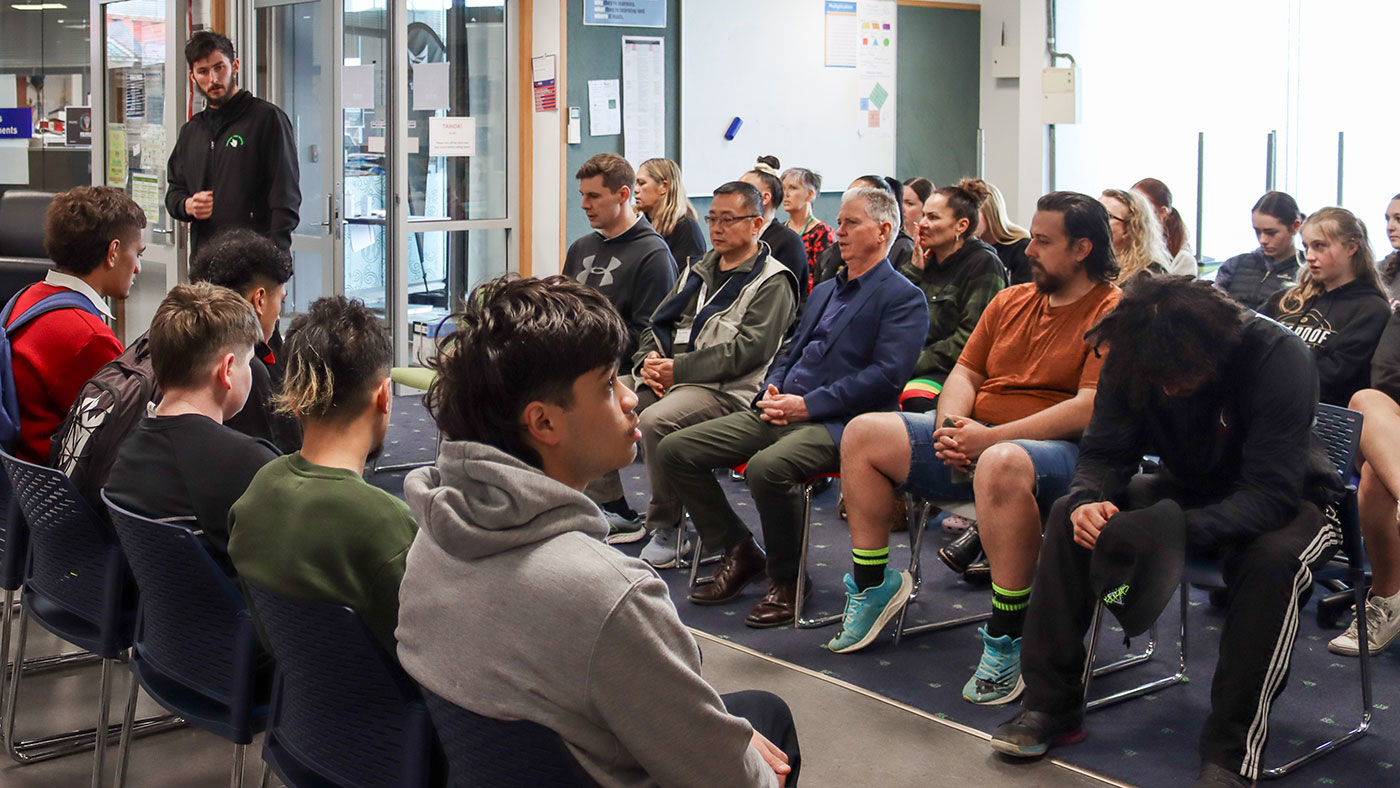
A pilot course is underway aimed at training youth from Horowhenua to participate in the district's largest infrastructure project and create meaningful careers.
The new Ōtaki to north of Levin (O2NL) highway is set to transform safety, resilience, and access for the district. Spanning 24 kilometres, the highway is projected to reduce accidents on what is currently one of the most dangerous stretches of roads in the country.
The project is scheduled to begin in the middle of 2025 and will be completed by 2029, and it will transform the communities along the existing State Highway network. Such an ambitious project requires a large, skilled workforce, and UCOL is positioning itself as a key player in preparing the community for this opportunity.
The introduction of the New Zealand Certificate in Infrastructure Works (Level 2) is designed to provide essential training for those interested in contributing to the project. The 14-week course runs through until the first week of December and covers everything from manual excavation to operating small machinery and safety practices on a worksite.
Yvonne Seng, Kaiwhakahaere of the Horowhenua Campus, said the course is perfectly timed to align with the upcoming O2NL project. "O2NL is coming in August next year, and we are positioning ourselves as a preferred training provider for these works, ensuring our students are work-ready when construction begins."
The programme has been driven by strong partnerships, notably with the Mayor's Taskforce for Jobs, which will be instrumental in assisting the graduates to find local employment opportunities once they graduate. "They've helped with enrolments, connected us with local employers, and gauged interest in hiring our students. We are preparing our young people to step into sustainable jobs in a competitive market," said Yvonne. "We have a mix of students, mostly made up of second-chance learners," or NEETs (Not in Education, Employment, or Training).
Danny Reilly, Executive Dean Engineering & Applied Technologies echoes the programme's importance in meeting the needs of the upcoming infrastructure project. "Our team have been working with stakeholders, and from their perspective, they will need more trained workers. This course teaches the basics of infrastructure, including how to communicate as part of a team, health and safety, and excavation skills. It's preparing them for real-world experience."
Danny says the course has already provided our students with an invaluable experience through a two-day workshop with Downer at Manfield. "Downer had ten staff there working with our ākonga, teaching them everything from traffic management to excavator operation. They even got hands-on experience with equipment worth $150,000! The investment Downer made in our students was amazing," Danny says. "We've had such a great group of young people taking part, and we're already planning to run another course early next year, as the demand for trained workers will only increase as the five-year build progresses."
UCOL's partnership with local employers such as Downer, Higgins, along with our long-standing relationship with Waka Kotahi whom we have worked alongside with the Te Ahu a Turanga (Manawatū Tararua Highway) project, demonstrates this course's real-world impact. “By offering students hands-on learning and the chance to connect with industry leaders, the programme equips them with skills and an opportunity to secure employment and be part of a transformative project that will benefit the community,” said Danny.
Tags